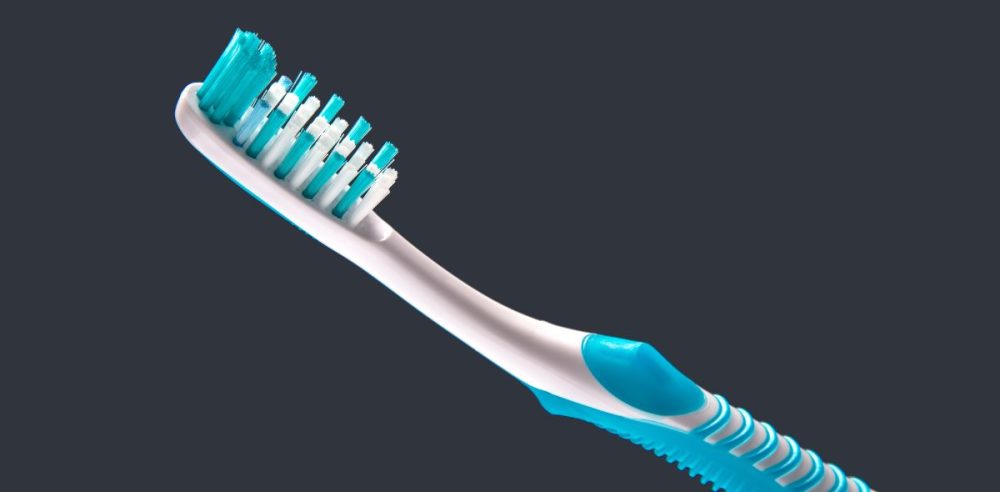In an eye-opening new study, Northwestern University researchers uncovered more than 600 different viruses lurking on everyday items like showerheads and toothbrushes. From 92 showerhead and 34 toothbrush samples, the researchers found that each one was teeming with a unique mix of viruses. “The number of viruses that we found is absolutely wild,” said Erica M. Hartmann, an indoor microbiologist who led the study.
Despite the startling discovery, there’s some good news. Most of the viruses identified were bacteriophages—viruses that infect and destroy bacteria rather than harm humans. Hartmann and her team noted that mycobacteriophages, which specifically target mycobacteria (bacteria responsible for diseases like tuberculosis and leprosy), were among the most common in the samples.
Hartmann explained that these viruses could potentially offer a surprising benefit: “We could envision using mycobacteriophages to clean pathogens out of plumbing systems,” she said, raising the possibility of leveraging these naturally occurring viruses for sanitation purposes.
The research, published in Frontiers in Microbiomes, builds on earlier findings from Hartmann’s team, including a study humorously titled “Operation Pottymouth.” That research determined that most of the microbes found on toothbrushes actually come from the user’s mouth rather than from airborne particles released by a flushing toilet.
Though the idea of viruses living in our bathrooms may sound unsettling, Hartmann reassures the public that most of these microbes pose no threat to our health. In fact, she argues that an over-reliance on antimicrobial products could lead to more harm than good. “The more you attack them with disinfectants, the more they are likely to develop resistance,” Hartmann said.
Instead of reaching for antimicrobial toothbrushes, Hartmann suggests simpler solutions. She recommends regularly cleaning showerheads with soap and water or soaking them in vinegar to prevent calcium buildup. As for toothbrushes, she advises replacing electric toothbrush heads regularly, but without obsessing over antimicrobial gimmicks.
In her view, microbes are a part of everyday life, and rather than fearing them, “We should all just embrace them.”


